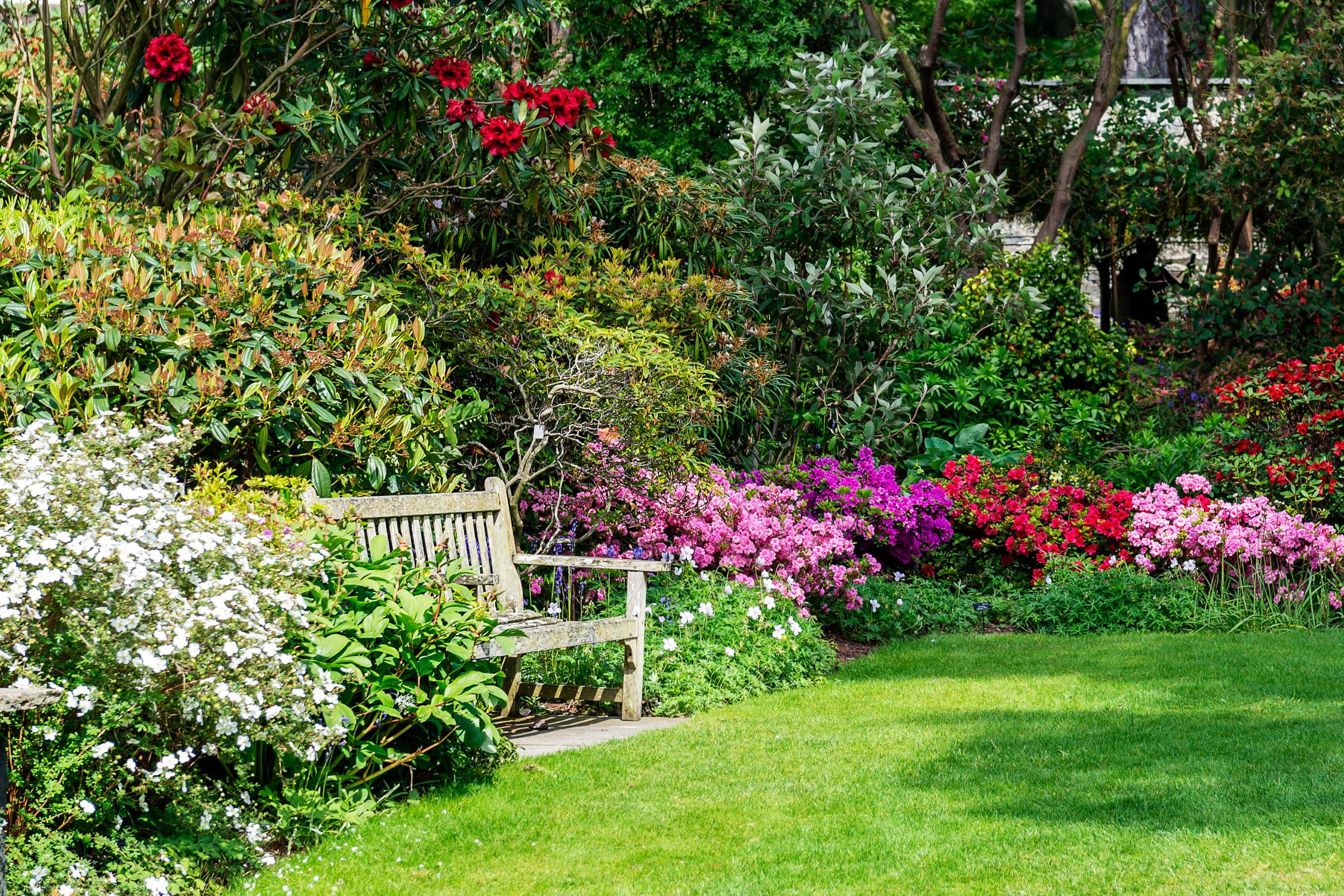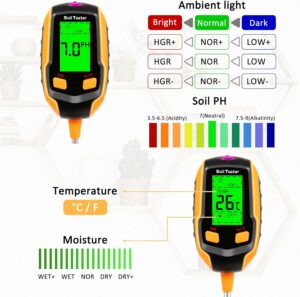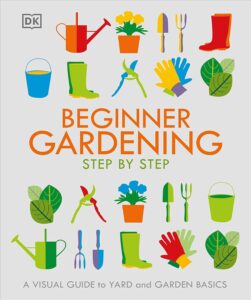
Composting Tips for a Thriving Outdoor Garden
Composting in your home and using the compost for your garden does two main things: it contributes to sustainability and enriches your garden’s health. However, composting can be a tricky process if you don’t know what you’re doing. Here are some composting tips that will help you achieve a thriving outdoor garden.
Understand What Composts and What Doesn’t
Many people don’t know this, but just because something is organic material doesn’t mean it’s compostable! Compostable items include kitchen scraps like fruit and vegetable peels, coffee grounds, and eggshells. In contrast, meats, dairy products, and oils should not be composted, as they can attract pests and produce unpleasant odors. Being mindful of what you add to your compost bin is crucial for maintaining a healthy compost pile.
Use All Compostable Waste in Your Home
Make the most of all compostable waste in your home to enrich your outdoor garden. Kitchen scraps, along with yard waste such as leaves, grass clippings, and small branches, make excellent materials for composting. Did you know that one of the creative uses for shredded paper is adding it to your compost bin? Even the hair gathering in your hairbrush is a viable addition to the bin! Incorporating a variety of organic materials ensures a nutrient-rich compost that provides your plants with the essentials they need to thrive.
Strike the Right Balance Between Greens and Browns
Balancing greens and browns is key to successful composting. Greens are nitrogen-rich materials like kitchen scraps, while browns are carbon-rich materials, such as dried leaves and paper. A healthy compost pile requires a balance between these components to decompose efficiently. Aim for a ratio of about two parts browns to one part greens for optimal composting.
Don’t Neglect Proper Aeration
Aeration is critical for decomposing the organic materials in your compost pile. Turning your compost pile regularly ensures that air circulates throughout, which is essential for breaking down materials and preventing foul odors. Plus, a well-aerated compost will decompose more quickly, providing your garden with nutrient-rich soil enhancer faster.
Monitor Moisture Levels
Moisture levels within your compost pile should be balanced, neither too wet nor too dry. Your compost should have the moisture content of a wrung-out sponge. If it’s too dry, add some water or include more greens. If it’s too wet, add more browns or turn the pile to introduce more air and help dry it out. Monitoring and adjusting the moisture ensures effective composting.

This 4 in 1 soil meter will tell you the Temperature, PH Ambient light, & Moisture of your soil. Eliminate the guesswork now for happier plants tomorrow!
Composting enriches soil and plays an integral role in reducing waste. By following these composting tips, you can create a sustainable source of nutrients for your plants and contribute to a thriving outdoor garden. Thank you for reading “Composting Tips for a Thriving Outdoor Garden” Here are some other articles you may enjoy reading.





